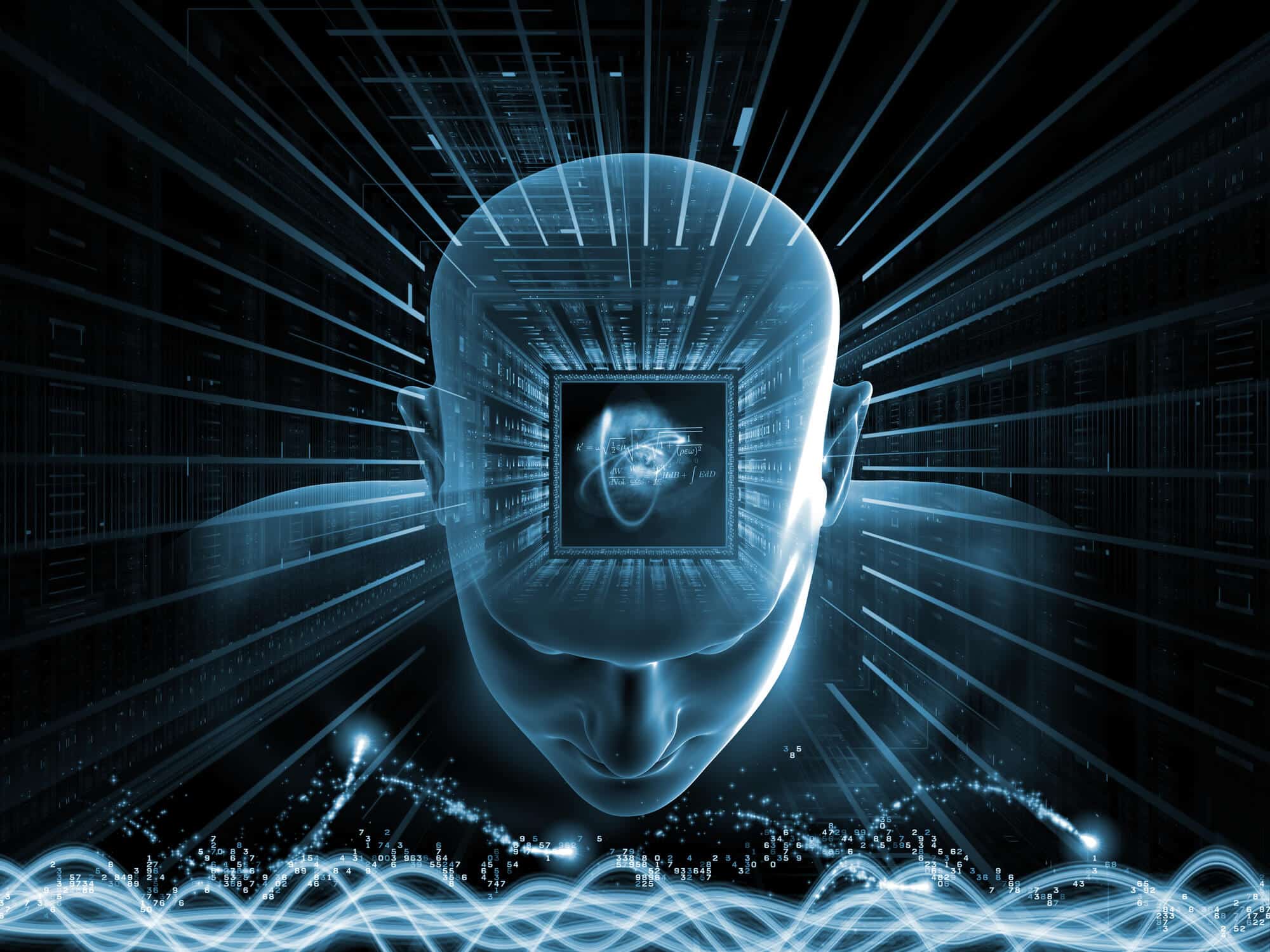Dr. Ophir Lindenbaum is a researcher in the field of machine learning and develops algorithms that can improve scientific research in almost any field - from discovering new cancer drugs to predicting floods

In recent years there has been a significant improvement in the treatment of cancer. Scientific breakthroughs have led to innovative treatments, for example biological therapy, which is based on changing genes that biologists understand affect the immune system's response to tumors. However, there is room for significant improvement in this area as well. "Machine learning will allow us to find dozens, if not hundreds, of this type of genes, which are currently hidden," says Dr. Ofir Lindenbaum from the Faculty of Engineering. "Finding them will lead to the development of new, personalized and much more effective drugs compared to the drugs available today, the biological and of course also the global ones."
Lindenbaum specializes in machine learning. "At the beginning of the research, I dealt with signal processing, and from there I evolved into machine learning, when the question that occupied me all along was how to extract the scientific information that interests us from sampled information," he says. "In my PhD, I worked on integrating multi-faceted information, which comes from computers and different measuring devices, for example audio and images that come from X-ray and MRI machines. My goal all along was to learn how to use machine learning to help advance scientific research in various fields, such as medicine, biology and geophysics."
He did his post-doctorate, in applied mathematics, at Yale University. "In the post doc, I moved to dealing mainly with data that comes from the world of biology and medicine. The work at Yale was mainly with researchers in the faculties of medicine and biology, when they raise a scientific question and try to solve it by collecting information on computers that sample individual cells or imaging images from patients, and try to understand what the factors are that affect this problem," he says. "My side was to develop tools that help, through automation made possible by machine learning, to find patterns and variables that affect the medical problems. I was at Yale for 3.5 years, of which I spent the last year in Israel, under the auspices of the Corona virus. It allowed calculating people like me to work remotely."
He arrived at the Faculty of Engineering in October 2021, and joined the data engineering track. So he founded his group, Machine Learning for scientific discovery, which works on developing machine learning tools that will help in researching scientific questions in an automatic way. "My group is very diverse," he says. "We are all involved in developing tools that will help with practical scientific problems - but in different fields. In my laboratory, problems related to psychology, biology and neuroscience are studied. One collaboration with Dr. Vadim Axelrod from the Center for Brain Research deals with predicting the state of mind of people in a vegetative state using measurements called fMRI. Another collaboration, with Professor Sharon Ganot from the faculty, deals with speech signals. Another study, with Dr. Yonatan Ganot from the Department of Geography, deals with the prediction of urban floods".
At the same time, Dr. Lindenbaum opened a new master's degree course, which deals with unsupervised learning. "Unsupervised learning is learning that does not require human labeling. In the field of machine learning, a large part of the research is based on labeled examples, that is, those that require human labeling to enable the training of machine learning models. For example, photos that we know have a certain person's face in them, or audio clips where someone says a certain word," he explains. "In contrast, models that do not require labeling look for patterns in databases that sometimes even a human is not able to find. For example: searching for genes that affect a certain medical problem in a table that has hundreds of thousands of genes. It is difficult for humans to find patterns in this kind of data, especially when the table is not organized. Another example of the combination of things can be found in the research I am doing in conjunction with Dr. Yonatan Ganot, who deals with flood forecasting. Our ambition in this project is to give a real-time alert to residents, in Tel Aviv for example or in other cities in Gush Dan, to prevent incidents of flooding of vehicles or basements with people inside. In this project we measure information from the meteorological service, and attach it to residents' reports to give a timely forecast. This is the model building phase, and is based on labeled examples. But in real time we would like to place it on unlabeled samples, ones that can predict the flood even before the report."
Dr. Lindenbaum works in his laboratory with male and female graduate students on several projects in the field of machine learning. "My dream is that we will succeed in developing tools that will enter every scientific field; That biologists, doctors and geophysicists, for example, will use the tools we have developed, and that they will help them reach new discoveries, which cannot be discovered with the tools they have today. I see myself dealing with this in the future as well, in order to change the way scientists work, for the benefit of improving science, pushing it forward and helping to make new discoveries."
More of the topic in Hayadan:
- Research reveals what allows different plants to create an infinite variety of shapes
- Israeli researchers manage to predict solar storms days in advance thanks to artificial intelligence
- "Prediction of solar storms and their impact on Earth is improving: a two-day warning instead of an hour, but there is still room for improvement in the models"
- Researchers are expanding the use of deep learning to distinguish ciphertext from random noise
- Evidence of agricultural and industrial activity was uncovered in Ramat Hasharon as early as 1500 years ago
